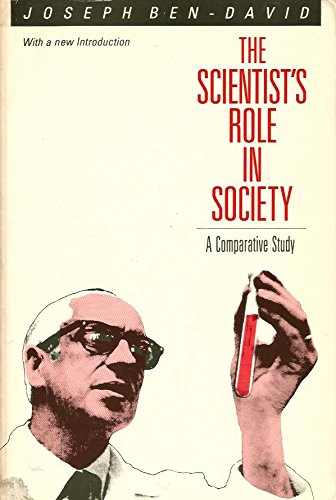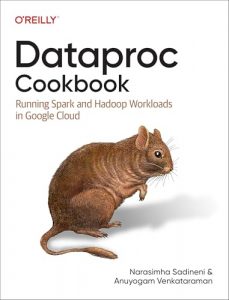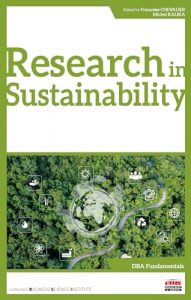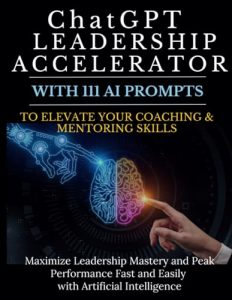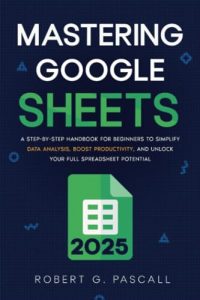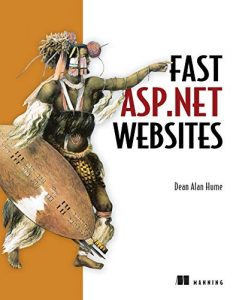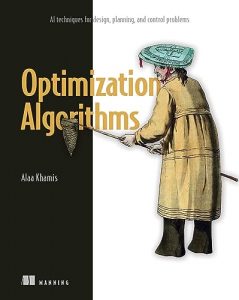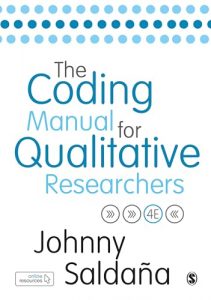The Role of Scientists in Society: Exploring Influence and Innovation
In a world constantly evolving through technological advancements and scientific discoveries, the role of scientists has never been more significant. These dedicated individuals play a crucial role in shaping not only our understanding of the universe but also the way we navigate societal challenges. From conducting groundbreaking research to influencing public policies, scientists are at the forefront of innovation. This blog post delves into a selection of remarkable books that explore the profound influence of scientists in society and how their work resonates within various societal frameworks.
Whether you are a budding scientist, a seasoned professional, or simply a curious mind, these titles offer insights that illuminate the intersection between science and society. Let’s delve into these captivating reads that highlight the pivotal role of scientists across different eras and genres.
The Scientist’s Role in Society: A Comparative Study
This book provides an in-depth exploration of the multifaceted roles that scientists play within society. It discusses how scientists contribute to policy-making, impact public perception, and engage in global issues such as health and climate change. This comparative study is crucial for understanding how the public and policymakers can better appreciate and harness scientific contributions. The author’s articulate analysis, backed by robust research, draws on examples from various disciplines to underline the importance of scientific integrity and communication in influencing public trust and decision-making. It serves as an essential read for anyone interested in promoting a science-informed society.

Robert M. Hutchins, Scott Buchanan, Donald N. Michael, Chalmers Sherwin, James Real, Lynn White. Jr., on science, scientists, and politics
This collection offers unique essays from prominent thinkers on the interplay between science and politics. It critiques how scientific knowledge shapes and is shaped by governance and public discourse. The deep insights provided shed light on past and present challenges within the scientific community and their societal implications. These essays remain pertinent today, encouraging readers to reflect on how political decisions impact scientific development and vice versa. With a strong emphasis on free society principles, this book is a thoughtful exploration of the scientific landscape.

Frankenstein: Annotated for Scientists, Engineers, and Creators of All Kinds
This annotated version of Mary Shelley’s classic novel offers invaluable insights, particularly for scientists and engineers. It is not just a tale of horror but a profound commentary on ethics within scientific exploration. The annotations clarify the scientific ideas presented, providing context that can inspire modern innovators. Shelley’s narrative resonates with themes of responsibility and the impact of scientific ambition—issues that are still relevant in today’s tech-driven society. This book uniquely bridges literature and science, making it a must-have for anyone tackling moral dilemmas in their work.

The Role of Providence in the Social Order: An Essay in Intellectual History
This thought-provoking essay delves into historical perspectives on the role of science and providence in shaping societal structures. It examines how scientists, through the years, have influenced philosophical thoughts and public understanding. The linkage between divine providence and human understanding offers a unique lens to view the evolution of scientific thought in the context of social change. It’s particularly insightful for those interested in the broader implications of scientific work on human society and ethical responsibilities.

DK Super Readers Level 1: A Day in the Life of a Scientist
This engaging children’s book introduces young readers to the daily life of a scientist, making the field accessible and exciting. With colorful illustrations and straightforward language, it inspires curiosity in budding scientists. By showcasing various scientific careers, it promotes academic interest from an early age and emphasizes the importance of scientific inquiry in everyday life. It is an essential addition to any young reader’s collection.

Don’t Be Such a Scientist, Second Edition: Talking Substance in an Age of Style
This insightful book challenges scientists to improve their communication skills in an increasingly media-driven world. It argues that effective storytelling is essential for conveying complicated scientific ideas to the public. By addressing contemporary challenges faced by scientists, it offers practical solutions and advice to enhance engagement. Its witty approach makes it an enjoyable read while providing valuable insights for both new and seasoned scientists.

The Role of Volatiles in the Genesis, Evolution and Eruption of ARC Magmas
This technical book delves into the geological aspects of magmatic processes, essential for understanding Earth sciences. It combines extensive research and findings in a format that is scientifically rigorous yet accessible to advanced readers. The detailed examination of volatiles provides insights into volcanic activity and its implications on surrounding environments, making it notable for both research scientists and enthusiasts interested in volcanology.

Science, technology, and the future: Soviet scientists analysis of the problems of and prospects for the development of science and technology
This book offers a historical viewpoint on the evolution of science within a specific political context. The analysis presented highlights the challenges and breakthroughs encountered by Soviet scientists, reflecting broader themes pertinent to scientific inquiry under societal constraints. It serves as a reminder of how political climates can shape scientific agendas and the development of technology. An indispensable read for those interested in the evolution of science across different cultural and political landscapes.


